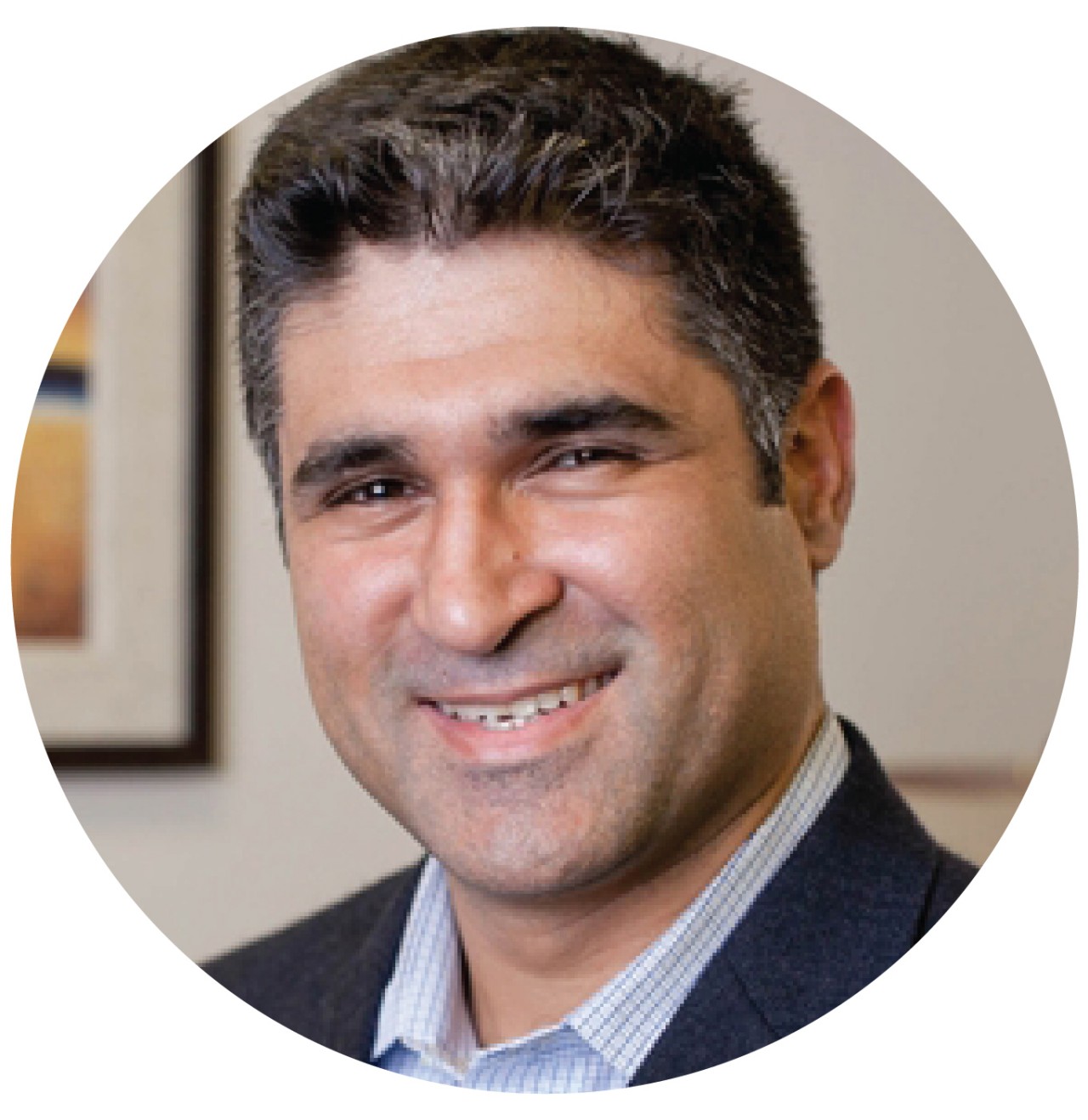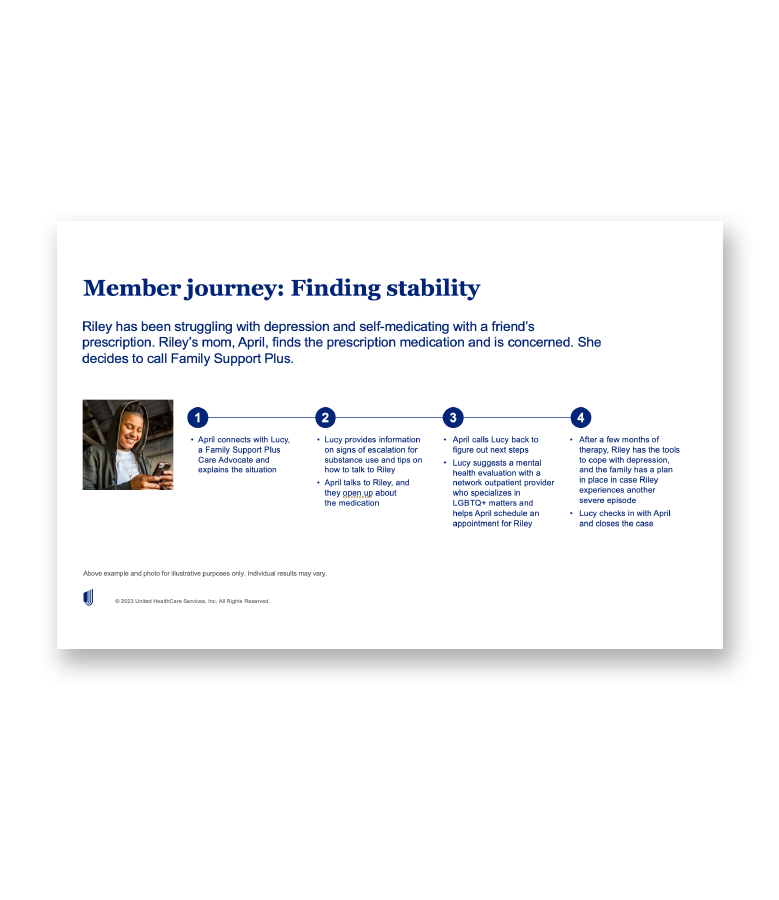The Pulse from UnitedHealthcare: Why teenage substance use affects employees — and how to help
When employees have children struggling with substance use, their own mental health can take a hit — but employers can play a role in supporting them.

By Dr. Donald Tavakoli, National Medical Director of Behavioral Health at UnitedHealthcare
Over the last few years, we’ve seen illicit drug use rates among youth remain steady across the nation. An average of 7.7% of children ages 12 to 17 reported using illicit drugs in each month from 2019 to 2020.1 That’s down from 8.4% of children in 2018 to 2019.1
While that decrease is good news, that means there’s still a sizeable portion of the country’s adolescents who are regularly using illicit drugs. This is especially the case for states with some of the highest rates of illicit drug use among today’s youth, which includes Connecticut, Massachusetts, Montana, Oregon and Vermont, according to America's Health Rankings®.1
Why teenage substance use matters to employers
When parents come to work, it goes without saying that concerns regarding their children come with them. Their own mental health can suffer along with their productivity and paid time off (PTO) if their children are engaging in substance use. In fact, more than half of surveyed parents reported missing work at least once a month to deal with their child’s mental health, while 30% to 50% said their thoughts surround their children’s mental health and well-being even when they’re at work.2
Because children are often dependents on an employer’s group health insurance plan, the affiliated costs of them using drugs can also impact the costs an employer has to pay out.
For example, using drugs and/or developing a substance use disorder can have a profound impact on a person’s health and well-being. Not only can regular drug use affect physical and cognitive development, but it can also increase the possibility of other risky behaviors, such as impaired driving or unprotected sex.1
Teenage drug use can also have long-lasting repercussions, such as heart disease and high blood pressure in adulthood. Using drugs as a child can also increase the chance of developing a substance use disorder or continuing to use drugs as an adult.1
How employers can help
So, how can employers help? Offering behavioral health benefits is critical — but it’s just as important that employees know how to access the right behavioral health help and resources available.
With the help of our Family Support Program (FSP) advocates, available online or via phone, UnitedHealthcare is working to help adults, youth and caregivers with complex behavioral health needs, like substance use disorders, get the care they need across a full range of behavioral health solutions. FSP and FSP+ are designed to simplify navigation of the health care system, shorten time to treatment, improve the overall member experience while also improving clinical outcomes.
Individuals with high-severity behavioral health needs, such as substance use disorders, may find the help they need from the Substance Use Disorder helpline, available at 1-855-780-5955.
See an FSP+ scenario in action
FSP and FSP+ are designed to simplify navigation of the health care system, shorten time to treatment, improve the overall member experience while also improving clinical outcomes.
These same advocates can also help caregivers access the support they themselves need. Walking alongside a loved one struggling with substance use can be personally challenging. There’s a reason flight attendants ask airplane passengers to apply their own oxygen mask before placing one on their dependents. While it’s not a one-to-one comparison — oftentimes, it’s paramount that parents and/or caretakers get their children help right away — it’s also important that they also get the help they need to continue to support their children.
Along with offering behavioral health benefits and offering instruction on how to access them, employers can help their employees by encouraging them to use their benefits and take the time they need to care for themselves and their families.
If you or a loved one is having a mental health or substance-use crisis, call or text 988 to connect with the 988 Suicide and Crisis Lifeline. If you have an immediate, life-threatening emergency, call 911.
